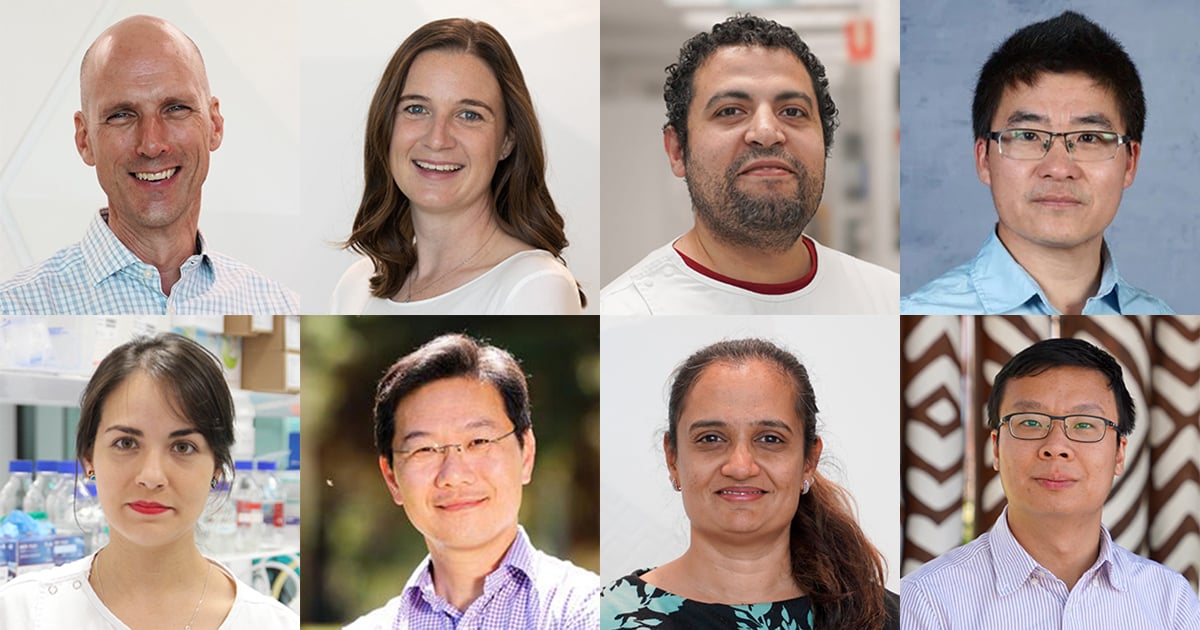Search
Showing results for "clinical trials"
This role will be involved in developing and applying innovative computational approaches for personalized risk stratification.
Research
Prevalence and determinants of influenza vaccine coverage at tertiary pediatric hospitalsThis study aimed to examine the uptake of influenza vaccination amongst a cohort of Australian children and factors associated with vaccine acceptance.

News & Events
Grants power next wave of childhood cancer researchEight childhood cancer researchers have been awarded over $2 million in transformative grants from Cancer Council WA to advance their pioneering work in improving cancer treatments and outcomes for patients in Western Australia and around the world.
Research
Antibiotic treatment duration for bloodstream infections in critically ill children - A survey of pediatric infectious diseases and critical care clinicians for clinical equipoiseTo describe antibiotic treatment durations that pediatric infectious diseases (ID) and critical care clinicians usually recommend for bloodstream infections in critically ill children.
Research
Planning and clinical role of acute medical home care services for COVID-19: consensus position statement by the Hospital-in-the-Home Society AustralasiaDuring a pandemic when hospitals are stretched and patients need isolation, the role of hospital-in-the-home (HITH) providing acute medical care at home has never been more relevant. We aimed to define and address the challenges to acute home care services posed by the COVID-19 pandemic.
Research
Safety of live attenuated herpes zoster vaccine in adults 70–79 years: A self-controlled case series analysis using primary care dataNo new safety concerns were identified for live attenuated herpes zoster vaccine in this study based on a novel, Australian primary care data source
Research
Facial asymmetry in parents of children on the autism spectrumGreater facial asymmetry has been consistently found in children with autism spectrum disorder (ASD) relative to children without ASD. There is substantial evidence that both facial structure and the recurrence of ASD diagnosis are highly heritable within a nuclear family. Furthermore, sub-clinical levels of autistic-like behavioural characteristics have also been reported in first-degree relatives of individuals with ASD, commonly known as the 'broad autism phenotype'.
Research
Rationale and methods of a randomized controlled trial of immunogenicity, safety and impact on carriage of pneumococcal conjugate and polysaccharide vaccines in infants in Papua New GuineaVaccination trials in high endemicity areas are needed to provide evidence and guidance on idea strategies to protect children in these areas against infections
Research
Antimicrobial resistance in Staphylococcus aureus and Enterococci spp. isolates from bloodstream infections in Australian children, 2013 - 2021Rising proportions of antimicrobial resistance (AMR) have been observed in both Staphylococcus aureus and Enterococcus spp. isolates.
Research
Nasal Delivery of Haemophilus haemolyticus Is Safe, Reduces Influenza Severity, and Prevents Development of Otitis Media in MiceDespite vaccination, influenza and otitis media (OM) remain leading causes of illness. We previously found that the human respiratory commensal Haemophilus haemolyticus prevents bacterial infection in vitro and that the related murine commensal Muribacter muris delays OM development in mice. The observation that M muris pretreatment reduced lung influenza titer and inflammation suggests that these bacteria could be exploited for protection against influenza/OM.
